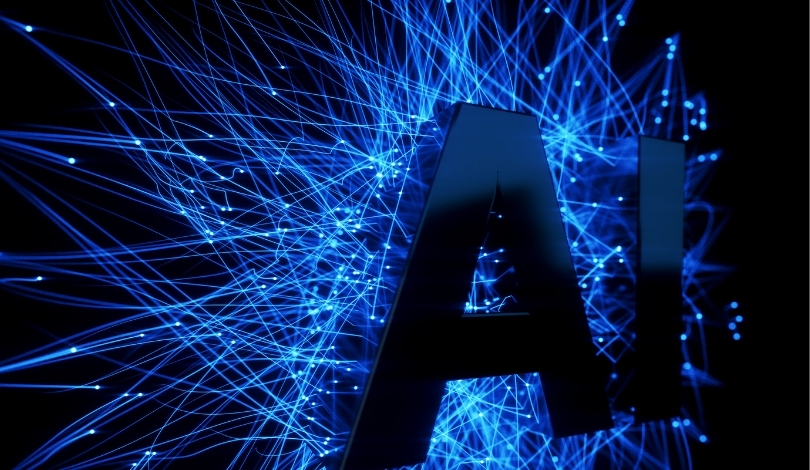Billboards sprouting across New York City have turned the discussion on artificial intelligence-powered companionship into a public spectacle. Heineken has jumped into the fray with a satirical campaign that pokes fun at Friend, the San Francisco startup behind a wearable AI necklace marketed as a “friend”. With the digital and real worlds converging in new ways, brands are quickly shaping narratives around technology and social connection out in the open, rather than leaving these debates online. Observers have noticed that the playful rivalry between an established beer brand and a tech innovator is fueling conversations beyond product promotion, drawing city dwellers and social media audiences alike into reflecting on the value of human connection.
When Friend launched its $1 million ad blitz in New York transit hubs advertising its AI assistant device as a reliable companion, it prompted strong reactions, including graffiti that challenged the ethics of commodifying loneliness. Previously, tech-centric campaigns for digital companions primarily met with online criticism or indifference, but Friend’s physical presence in the city sparked new waves of public scrutiny. This recent campaign stands out as it has attracted response not only from citizens but also from a major consumer brand like Heineken, setting a new tone for tech and lifestyle marketing interactions.
What Motivated Heineken to Respond?
Heineken noticed the public reaction to Friend’s advertisements and responded within days, launching its own billboard campaign. Drawing a clear visual link, Heineken’s ad features a bottle opener necklace closely resembling Friend’s device and delivers the message: “The best way to make a friend is over a beer.” Guilherme de Marchi Retz, Heineken USA’s marketing vice president, explained the rationale, stating,
“As conversations around A.I. companionship took off, we saw an opportunity to engage playfully with the topic.”
The campaign situates Heineken’s product as a means to connect face-to-face, contrasting it with relationships facilitated by technology.
How Are People Reacting to the Campaigns?
Public engagement with Heineken’s ads has been robust. De Marchi Retz shared that feedback to the campaign has been “overwhelmingly positive,” noting social media engagement rates are “well above average” for similar initiatives. At the same time, Friend’s advertisements have continued to prompt both amusement and criticism; some posters have been defaced, highlighting the controversy around blending technology and companionship. In response to being parodied, Friend’s founder Avi Schiffmann remarked,
“It seems pretty cool to see such a legacy brand comment on a startup, let alone an A.I. wearable thing.”
This dynamic has further fueled discussion about the essence of social connection in an age increasingly shaped by digital tools.
Does Heineken Reject All Forms of AI?
Heineken has clarified that it is not opposed to AI in general and has, in fact, utilized artificial intelligence to improve internal logistical and promotional operations. However, the company draws a distinction when such technology appears to replace authentic, in-person relationships. Recent campaigns by Heineken, including earlier this year’s “Social Off Socials” initiative and collaborations for minimalist technology, have emphasized the need to balance digital engagement with moments of genuine social interaction. Research commissioned by Heineken indicates over half of surveyed adults feel overwhelmed by the constant pressure of social media, and that face-to-face interaction is perceived as increasingly valuable yet more elusive.
Heineken continues to press its brand narrative around fostering in-person experiences. The company has experimented with quirky tech products—such as a phone case that inverts when a toast is made—to reinforce the idea that small rituals can connect people. Its collaboration with fashion label Bodega to market a basic, app-free mobile phone further underscores Heineken’s stance. This multi-pronged approach positions the brand not only as a beverage provider but as an advocate for counterbalancing digital overuse with physical togetherness. Heineken’s recent commentary on AI companionship also reflects a growing trend of brands actively engaging with current technological debates.
As brands venture into debates on digital companionship and loneliness, the dialogue between Heineken and Friend shows that public perception is highly sensitive to how technology mediates relationships. While companies like Friend interpret AI as a tool to address social isolation, established brands such as Heineken are leveraging cultural skepticism toward digital substitutes to reinforce traditional forms of connection. Consumers encounter these arguments through billboards, social campaigns, and visible marketing experiments, giving them not just new ways to interact with brands, but also a canvas to process their feelings about technology and society. For readers interested in consumer culture or marketing strategy, this case illustrates the benefits and risks of brands inserting themselves into timely, personal debates. Observing the interplay between public sentiment, tech innovation, and brand identity provides a richer understanding of how advertising reflects and shapes societal attitudes toward relationships in the digital era.
- Heineken parodied Friend’s AI necklace campaign with playful billboards in New York.
- Public response highlights debates around technology’s impact on social connection.
- Heineken supports AI use in business but promotes human interaction in marketing.










